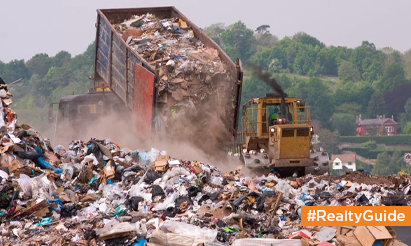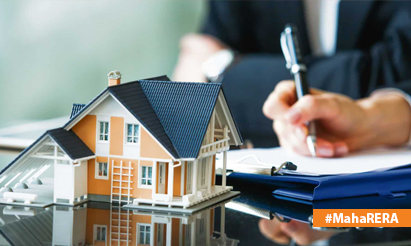Essentials guide for self-redevelopment in Maharashtra
Delays in project delivery and a lack of confidence in developers have forced several Maharashtra housing societies to opt for self-development. There are approximately 16,000 decaying co-operative housing societies in Mumbai exclusively, with over 750 opting for self-redevelopment. Whereas the self-revamping approach ensures time-bound, cost-controlled, and predictable results as society members accept responsibility for the implementation restoration, a few operational and regulatory problems may occur. As a result, as per the Government Resolution (GR) released in September 2019, below is a step-by-step roadmap to self-development in Maharashtra.
Obtain the permission of the members of the society.
The first stage is to obtain permission from the residents/members of society for self-development. To do this, societies should call a Special General Body Meeting and provide features including the ability to all members as well as the local registrar, who will then send a fair representation to oversee the meeting.
According to the revised rules outlined in Section 79A of the Maharashtra Cooperative Societies Act, 1960, rehabilitation projects now require the approval of only 51 per cent of unit owners, as compared to 70 per cent previously. The acknowledgement should be signed by all willing participants, and a copy should be kept for future reference.
Obtain a feasibility report.
A systemic study or feasibility report includes the existing building design, consumed Floor Space Index (FSI), the carpet area of existing units, updated TDR, fungible FSI, current development rules, and project cost breakdown. The study is organised into three sections: technical feasibility, financial feasibility, and advantages from the concept, which includes the prospect of additional work for future sale.
Societies must employ a designer to create the analysis, which should then be sent to all society members.
Examine the critical papers
The conveyance deed must be in the name of the group. If the land to be redeveloped pertains to the Maharashtra Housing and Development Entity (MHADA), the Collector, or any other authority, a No-Objection Certificate (NOC) from the owner is required.
Important considerations
In September 2019, the Maharashtra government released a new Government Resolution (GR) to provide many exemptions and rewards to societies that choose self-restoration. Nevertheless, those cooperative housing societies registered under the Maharashtra Cooperative Societies Act, 1960 and built within the last 30 years are eligible.
Disclaimer: The views expressed above are for informational purposes only based on industry reports and related news stories. PropertyPistol does not guarantee the accuracy, completeness, or reliability of the information and shall not be held responsible for any action taken based on the published information.




